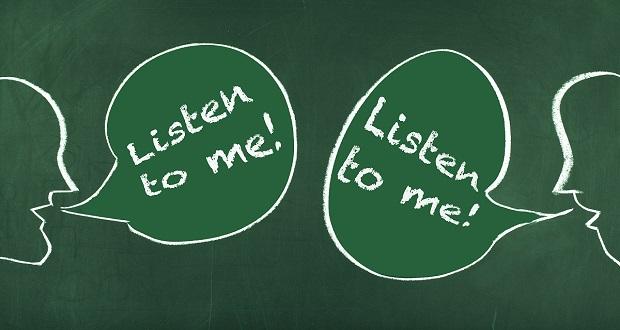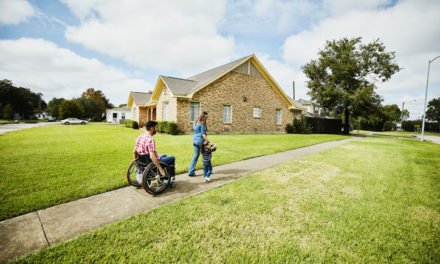
A few weeks ago, my husband, who is white, and I went out to brunch. It was April in Minnesota and we were braving the last snowstorm of the season. We sat down, and as our conversations usually do, we turned to discussing social justice leaders in our community.
Without thinking, I made a flippant comment about an amazing person of color who is doing social justice work in the Twin Cities. Their message, I said, is problematic – not because of its content, but because it comes from a place of anger. In my righteousness, I continued, “While they are right to feel the way that they do, and I often feel similarly, I believe that their approach is ineffective because their audience of upper-middle class white Minnesotans, burdened with guilt, will become defensive and refuse to listen.”
Now to be clear, my intention was not to spare people the feeling of guilt for inequities that exist in our communities, but rather to communicate that our natural inclination is to deflect when we’re called out for a problem that we play a role in creating. And we don’t need people deflecting – we need them acting.
My husband’s response was that I have no right to criticize someone who lives their life every day to create a world in which our future children can thrive. “You are not on social media,” he asserted, “so you don’t always see what is going on in our country. It is your right to disengage, but then you cannot be angry with those who are leaning into the problem.”
I paused, and reflected. Was I a sellout? In my cozy corporate job, I could pick and choose which battles I engaged in, insulated by “the business imperative”. I could choose to talk about others’ pain, never having to get too close to the action and never having to deal with my own raw pain around race and racialized events happening across the country. From this lens, my husband was right. I had no right to criticize an activist who was speaking out in ways that I did not have the courage to do myself. In this, I conceded.
No, I am not on social media – a choice that I made in the age of viral videos of police brutality to preserve my well-being. But in some ways, he had to be wrong. Surely, I was not doing nothing. In fact, my choice to leave social media was something. The solution to racial inequity, I told myself, is to do what I can as a Black woman to thrive. To live my best, fullest, most purposeful life in the face of racism and social inequities. To care for myself physically, mentally, socially and emotionally. “The chances of a black woman with a graduate degree having a safe and healthy pregnancy,” I told my husband, “is the equivalent of a white woman with an 8th grade education. I refuse to allow the stain and stress of racism to rob me of my fundamental human right to enjoy a safe and healthy life. And so the way that I combat social inequity is to find every avenue that I can to thrive.”
I refuse to allow the stain and stress of racism to rob me of my fundamental human right to enjoy a safe and healthy life. And so the way that I combat social inequity is to find every avenue that I can to thrive. Share on XThriving has its advantages for reaching the dominant group with messages and strategies for equity. A few years ago, shortly after the deaths of Sandra Bland and Philando Castille, I was pulled over by a Minnesota State Trooper and illegally searched. The officer took my cell phone and began scrolling through it, insisting that I was talking to someone. As he raised his voice, I called 911 and asked that they stay on the line as I began to feel unsafe during the encounter.
When I told my husband, he leveraged the power of social media (which he embraces) to post the incident. My phone began blowing up with messages from family, friends, elected officials, etc. But most powerfully, is what I heard from people in my own network. “There was a part of me,” they said, “that didn’t entirely believe that race was the underlying problem in these incidents, that there must have been something else. But I know you. You graduated from Princeton. Then you went to Harvard. You drive an Acura. You are a leader at an organization I respect. You are my friend. There must be some merit to this race thing if it can happen to you too.”
I used that story countless times after in rooms with executives and over dinner with friends to shift mindsets and change hearts. In many ways I was working the problem from the inside out. Most of my social networks are not people of color. They are white colleagues, white neighbors, white family. In a relationship built on trust, I used my experience to say the same thing that the activist I criticized was saying.
I’m now ashamed that I criticized. But not for the reason that you might think. Yes, there was the obvious narrow-mindedness of my inaccurate characterization, but more importantly, there was an underlying message behind my critique. There is a “right way”, I was positing, for people of color to deal with racism.
But there is not. There is no rational response or logical approach to a system that lacks all rationality and logic. Racism is violence based on physical appearance, a finish line that keeps on moving, the burden of someone else’s load to carry while you are weak and frail with no arms and legs and they are strong and vibrant in every way. Every person has to decide for themselves how they will navigate the irrational inequities that plague our communities.
There is no rational response or logical approach to a system that lacks all rationality and logic. #race #racism #BlackinAmerica Share on XAnd as we do this, we think about one another and say: “You do your work your way. I’ll do my work my way. And from opposite ends of this unjust continuum, if we find nothing else on our journey, we might somehow, find each other.”
A Point of View: Is There a Right Way to Deal with Race? Share on X

















